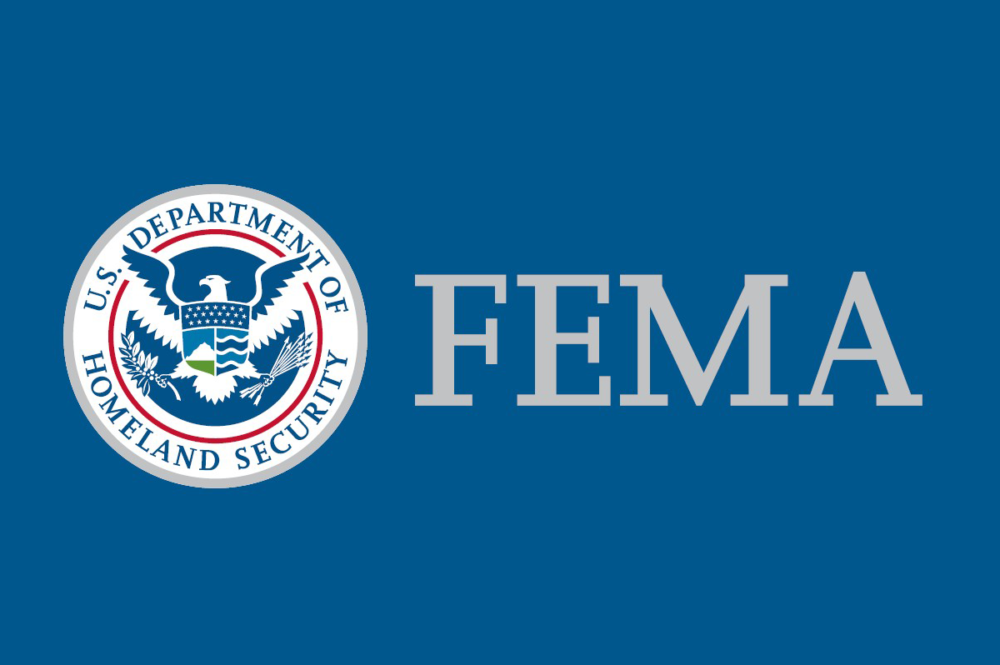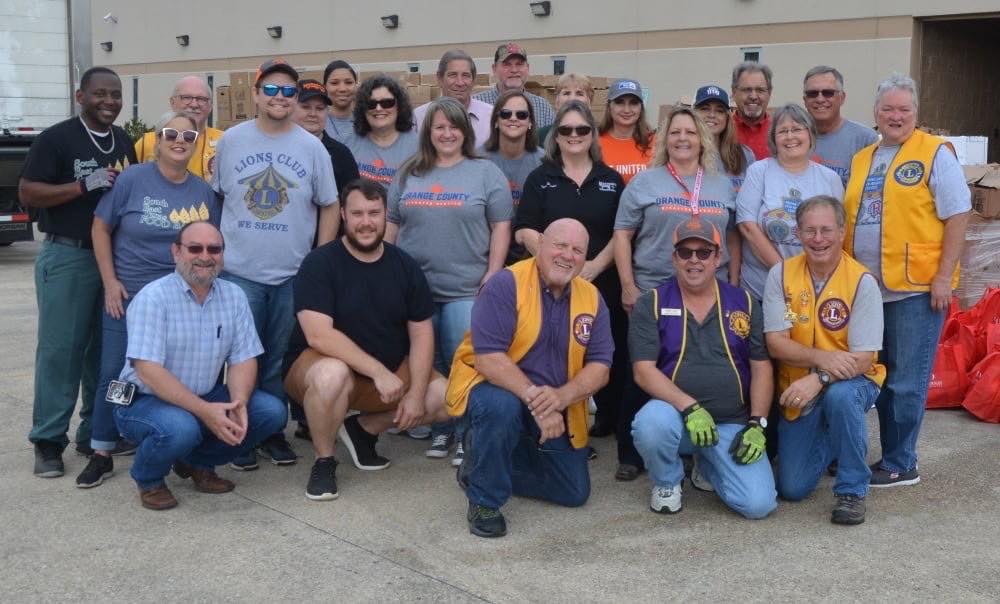Study finds long road to recovery for Hurricane Harvey victims
Published 1:02 pm Saturday, December 9, 2017
By Mark Richardson
Texas News Service
BEAUMONT, Texas — Three months after Hurricane Harvey hit southeast Texas, nearly half of the residents affected by the storm say they are not receiving the help they need to recover.
A joint survey by the Episcopal Health Foundation and the Kaiser Family Foundation found that black and Hispanic families were hit harder than others, and reported much higher percentages of losses due to property damage and lost income. Elena Marks, president of the Episcopal Health Foundation, said they did the survey to find out where recovery funds might do the most good.
“Philanthropy has been very, very generous and hundreds of millions of dollars have been raised,” Marks said. “We wondered how those people would know what to do with that money, and how the agencies they might distribute it to would know who needed what kind of help.”
The study found that two-thirds of the residents in the 24-county region affected by Harvey suffered damage to homes and vehicles, employment disruptions or lost income. Marks said Harris and surrounding counties had significant storm damage, but the Beaumont-Port Arthur and Corpus Christi-Rockport areas were hit hardest.
Only about half of the people whose homes were damaged had homeowner’s or renter’s coverage, Marks said, and just one-fourth had flood insurance. She added that minority neighborhoods were hit particularly hard.
“Black and Hispanic populations in all of the areas show a greater need and less progress toward recovery than white counterparts,” she said.
Marks said that while many respondents may complain that recovery assistance is too slow in arriving, there is also concern that others are afraid to even seek help:
“Particularly with lower income and vulnerable populations who can often be invisible in times like this,” she said. “We’ve got immigrant populations who are afraid in the current climate to come out and seek help”
The report also found that the storm has taken a toll on people’s mental and physical health, with six out of ten storm victims reporting they have skipped or postponed a doctor’s appointment or had difficulty obtaining mental health care.




